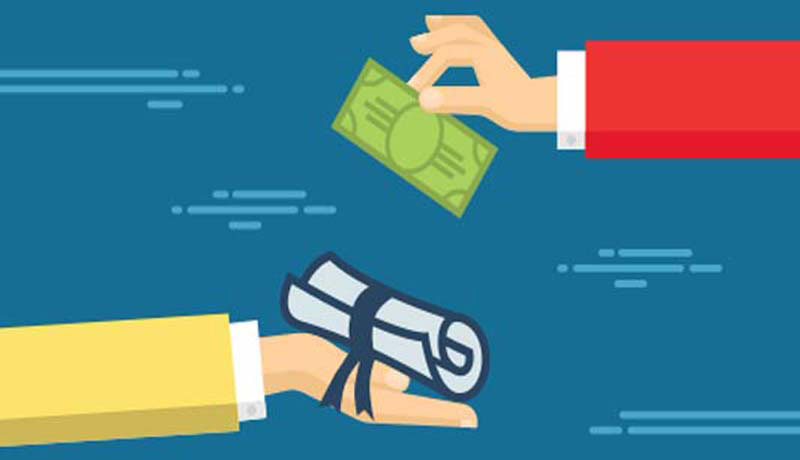In some capacity, earning assets are investments that produce income owned or held by an entity (either a person, a corporation, or an organization). These assets not only have a basic worth but also have the potential to generate extra cash above and beyond their intrinsic value for the person who holds the investment. Because of this, owner of investment can either continue using the assets as a source of income or sell them for an amount based on their intrinsic worth.
Understanding Earning Assets
Stocks, bonds, CDs, and other accounts or instruments that yield interest or dividends are examples of earning assets. Earning assets may also be referred to as investment assets. They have the potential to provide a consistent income, making them especially valuable for planning long-term objectives such as retirement. The earning assets reflect only a portion of an individual's or institution's overall assets that the entity has.
Maintenance of Earning Assets
After the initial investment is made, maintaining certain earning assets such as certificates of a deposit does not need any extra work on the investor's part. The generation of income, which may take the form of interest or dividend payments, is an integral component of the specific investment vehicle being considered. These investments need very little to no upkeep and, in most cases, do not call for any further financial outlay on the part of the individual who holds the investment.
Other income-earning assets, like rental properties, need a constant investment of time and money to maintain their value. For instance, a rental property needs regular upkeep, as well as renovations to the property, taxes, insurance, and the overall administration of the property. A third party, such as a property management company, might effectively take on some of these responsibilities in exchange for payment. This is known as outsourcing.
Property management companies are often tasked with overseeing the day-to-day business activities connected to a rental property. This might entail finding and vetting prospective renters, handling any upkeep, collecting rent payments, promoting the property, and managing any advertising. In most cases, a percentage of the rental money collected is used to pay for the costs charged by the business. The owner of the vacant property may be responsible for paying the management costs directly.

Earning Assets and Tax Obligation
It is required to record any income earned from assets in the relevant tax filings if such income was earned. Investment institutions will submit annual statements for tax reporting when it comes to the income that is made from various assets. These statements will contain the entire amount of interest and dividends earned. It is also necessary to declare any income received from property rentals. The government may let you deduct some of the money you spend keeping assets, such as rental homes, in good condition. This may include some fixed expenditures, such as taxes and utilities, as well as some variable costs, such as the costs associated with making repairs to the property.
Importance of Earning Assets
Earning assets is very significant for both people and businesses. Earning assets helps individuals prepare for their retirement, and businesses and other business organizations, earning assets operate as instruments that result in the deposit of large amounts of cash. Banks and other financial instruments may provide customers with various earning assets to choose from. The amount of reserve that banks keep on hand is directly proportional to how much supply of earning assets banks make available. Because of this, the reserve requirements have an impact, either positively or negatively, on the rate of interest on earning assets or other kinds of investments.
Limitations of the Earning Assets to Total Assets Ratio
This ratio gives an insightful look at how much of your investment portfolio is actively working to generate income for you daily. However, keep in mind the value of assets that do not provide income. For example, a stock portfolio consisting entirely of dividend-paying equities would be considered out of balance. Every dividend payment that is made reduces the stock's value over the long run, despite the fact that it puts cash in your pocket.

These cash distributions represent money that will not be put into the firm's expansion. Because of this, its potential earnings over the long term may be reduced. Remember that companies that consistently reinvest profits into new growth have the potential for enormous growth over time; this is something you should keep in mind while selecting stocks.



